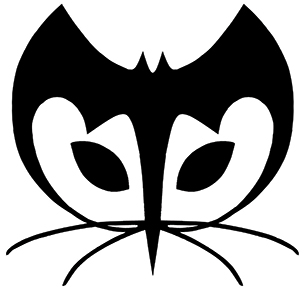The titles of Clash Books are by turns Gothic and playful and nervy, but they all share one quality: They must be spellbinding. Based in Troy, New York, and founded as a media website that evolved into a book publisher in 2017, Clash Books issues about twenty titles a year, an eclectic mix of art books, poetry, nonfiction, and fiction—“really, anything that excites us,” say editor in chief Leza Cantoral and managing editor Christoph Paul. “A big mission is to challenge genre expectations as well as to bring together a diversity of voices.”
This year the press will release titles as varied as Aaron Carnes’s pop-criticism apologia In Defense of Ska and Kevin Sampsell’s collage and poetry book I Made an Accident, alongside literary fiction and “a novel about waterfall goddesses, a trans fairy tale young adult novella, lots of fun and dark poetry, and some quality literary horror,” say the editors. Paul says he knows he has found the next Clash book when reading a submission if he has that “feeling you get when you hear a new song that you have to listen to again right away.” He adds, “I know it’s the next book when the middle is as strong as the beginning.” Clash is open for submissions year-round via e-mail and does not charge a reading fee.

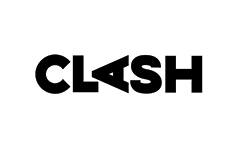



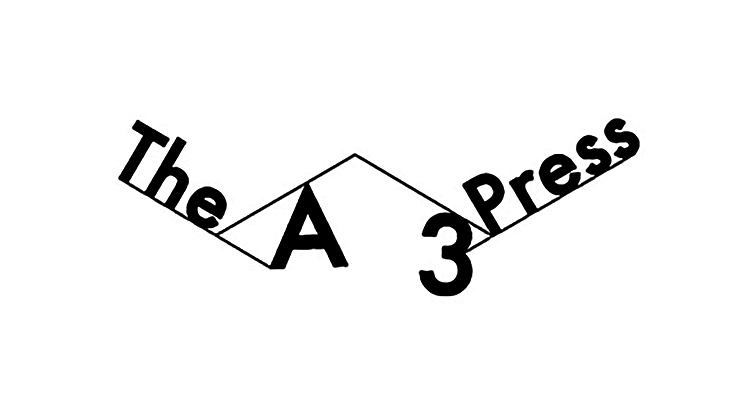
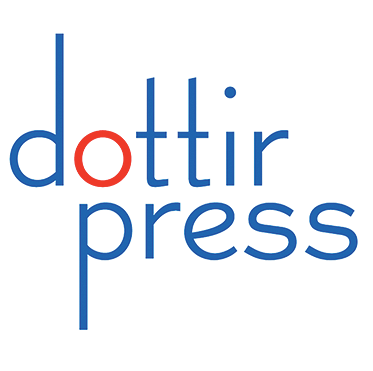

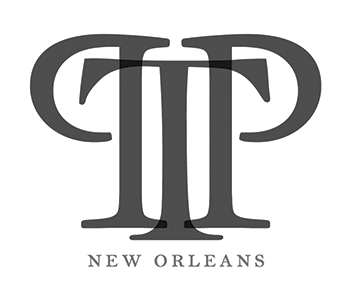

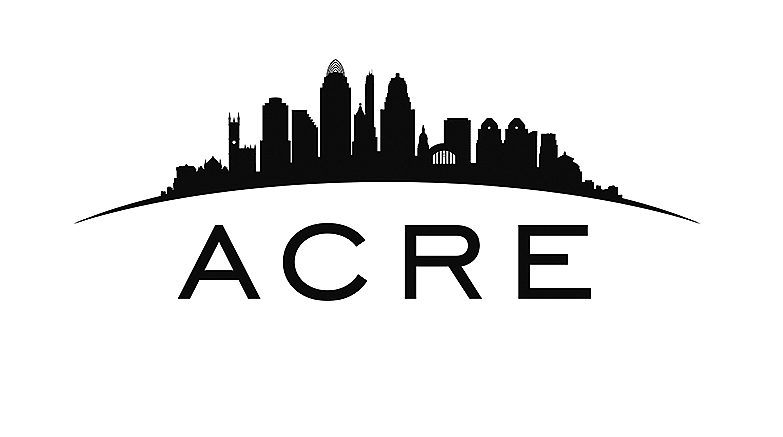
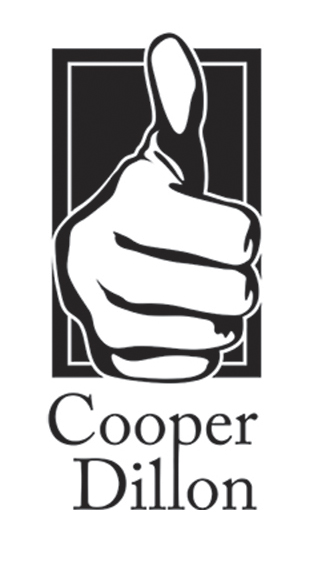
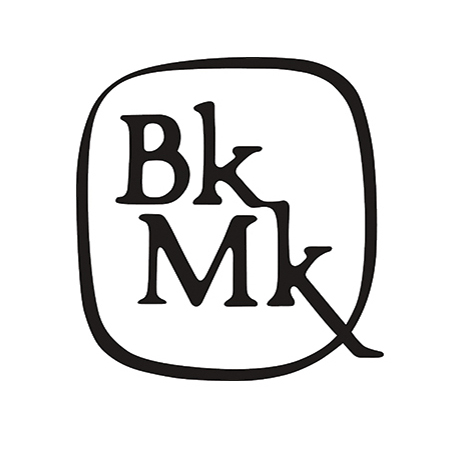
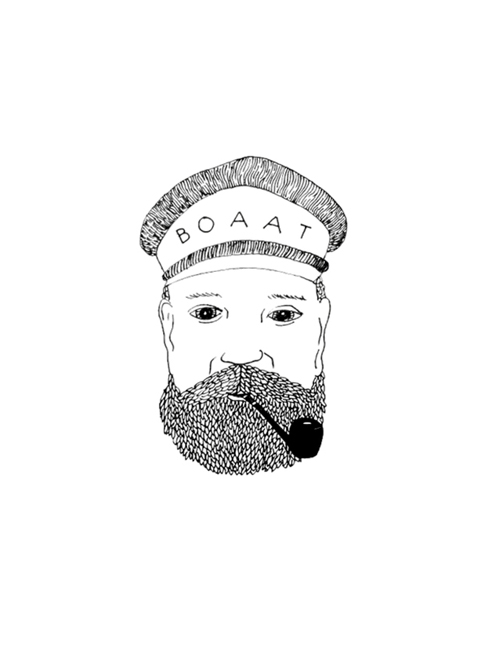
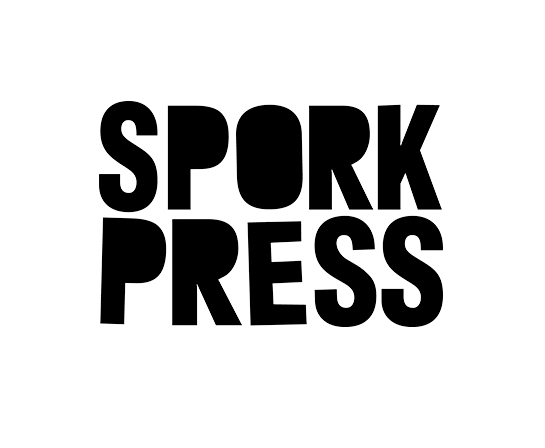

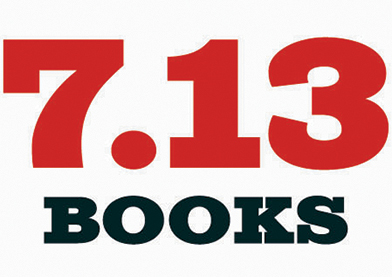
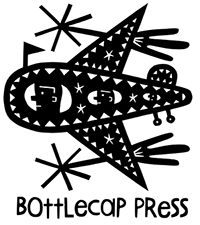
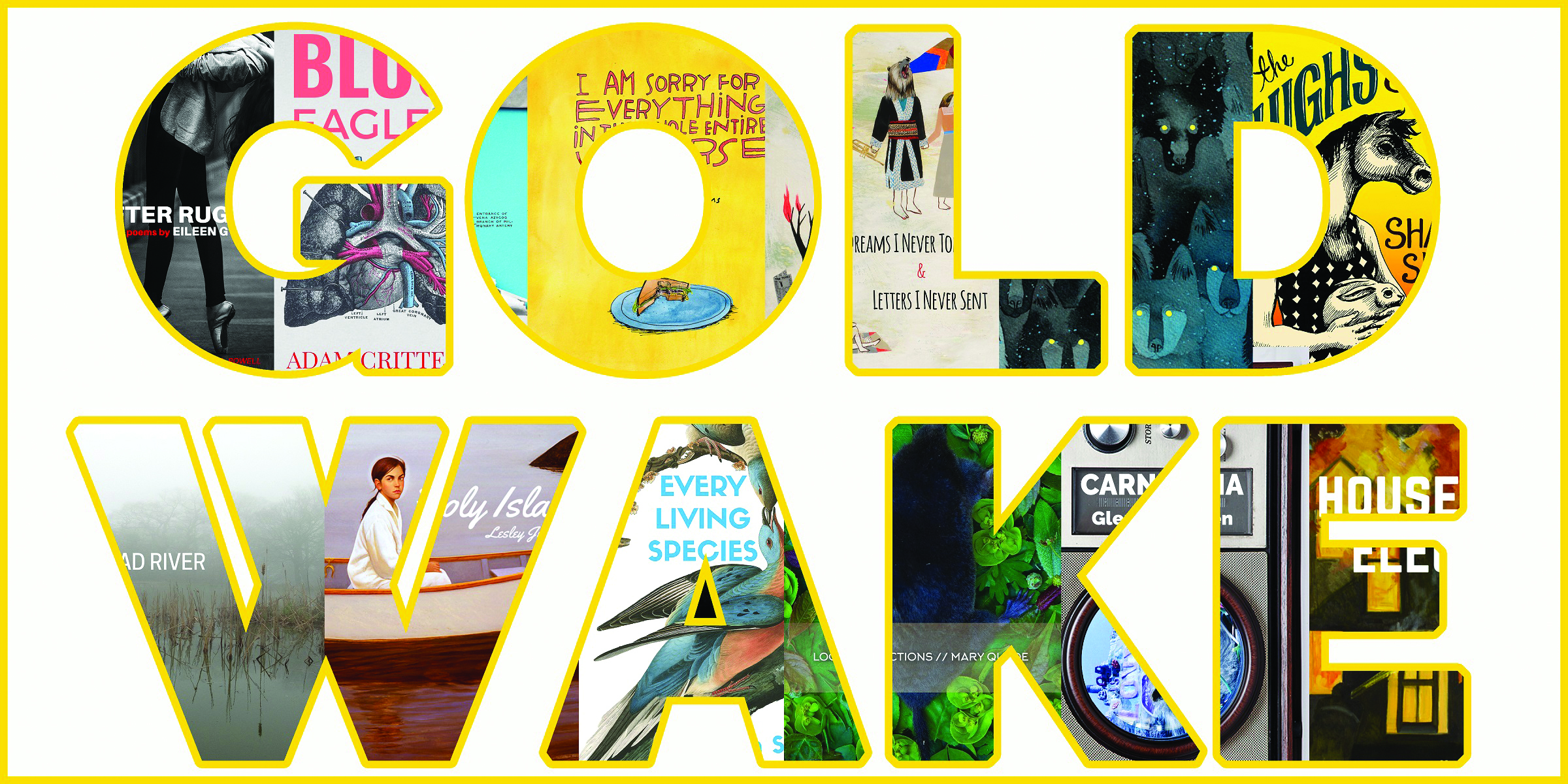
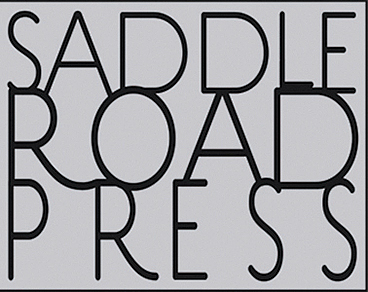
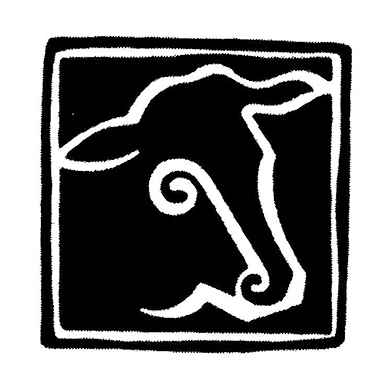
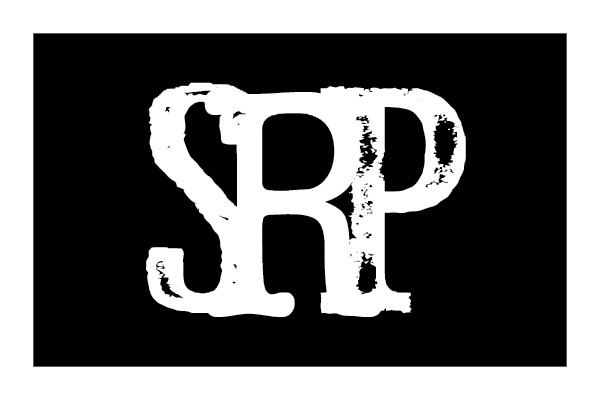

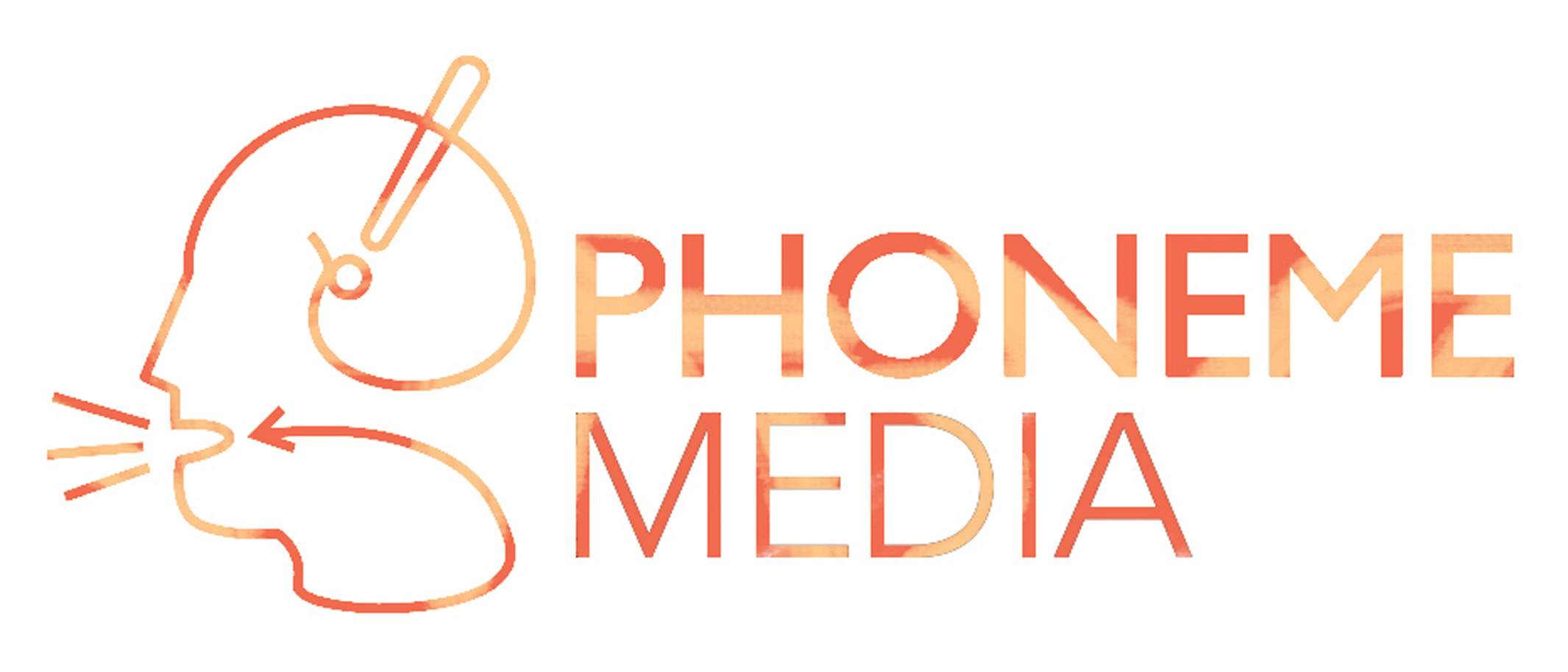 Based in Los Angeles and funded by PEN Center USA, the press publishes twelve books of translated poetry and fiction each year, and also produces literary films—video poems, paratextual films, and short documentaries—that feature the press’s authors and translators. A look at just two months’ worth of Phoneme titles is a trip across several continents: In December the press released Smooth-Talking Dog, a poetry collection by Mexican writer Roberto Castillo Udiarte—also known as “the Godfather of Tijuana’s counterculture”—translated from the Spanish by Anthony Seidman. Richard Ali A Mutu’s novel Mr. Fix-It, translated from the Lingala language of the Democratic Republic of the Congo by Bienvenu Sene Mongaba and Sara Sene, was also released in December. This month the press publishes its first Icelandic translation, Cold Moons by Magnús Sigursson, translated by Meg Matich; as well as The Conspiracy, a thriller by exiled Venezuelan novelist Israel Centeno, translated from the Spanish by Guillermo Parra. The Conspiracy is the second book in Phoneme’s City of Asylum series, which features works by exiled writers receiving sanctuary in the United States. Phoneme’s general submissions are open year-round, and can be sent via e-mail to
Based in Los Angeles and funded by PEN Center USA, the press publishes twelve books of translated poetry and fiction each year, and also produces literary films—video poems, paratextual films, and short documentaries—that feature the press’s authors and translators. A look at just two months’ worth of Phoneme titles is a trip across several continents: In December the press released Smooth-Talking Dog, a poetry collection by Mexican writer Roberto Castillo Udiarte—also known as “the Godfather of Tijuana’s counterculture”—translated from the Spanish by Anthony Seidman. Richard Ali A Mutu’s novel Mr. Fix-It, translated from the Lingala language of the Democratic Republic of the Congo by Bienvenu Sene Mongaba and Sara Sene, was also released in December. This month the press publishes its first Icelandic translation, Cold Moons by Magnús Sigursson, translated by Meg Matich; as well as The Conspiracy, a thriller by exiled Venezuelan novelist Israel Centeno, translated from the Spanish by Guillermo Parra. The Conspiracy is the second book in Phoneme’s City of Asylum series, which features works by exiled writers receiving sanctuary in the United States. Phoneme’s general submissions are open year-round, and can be sent via e-mail to 
